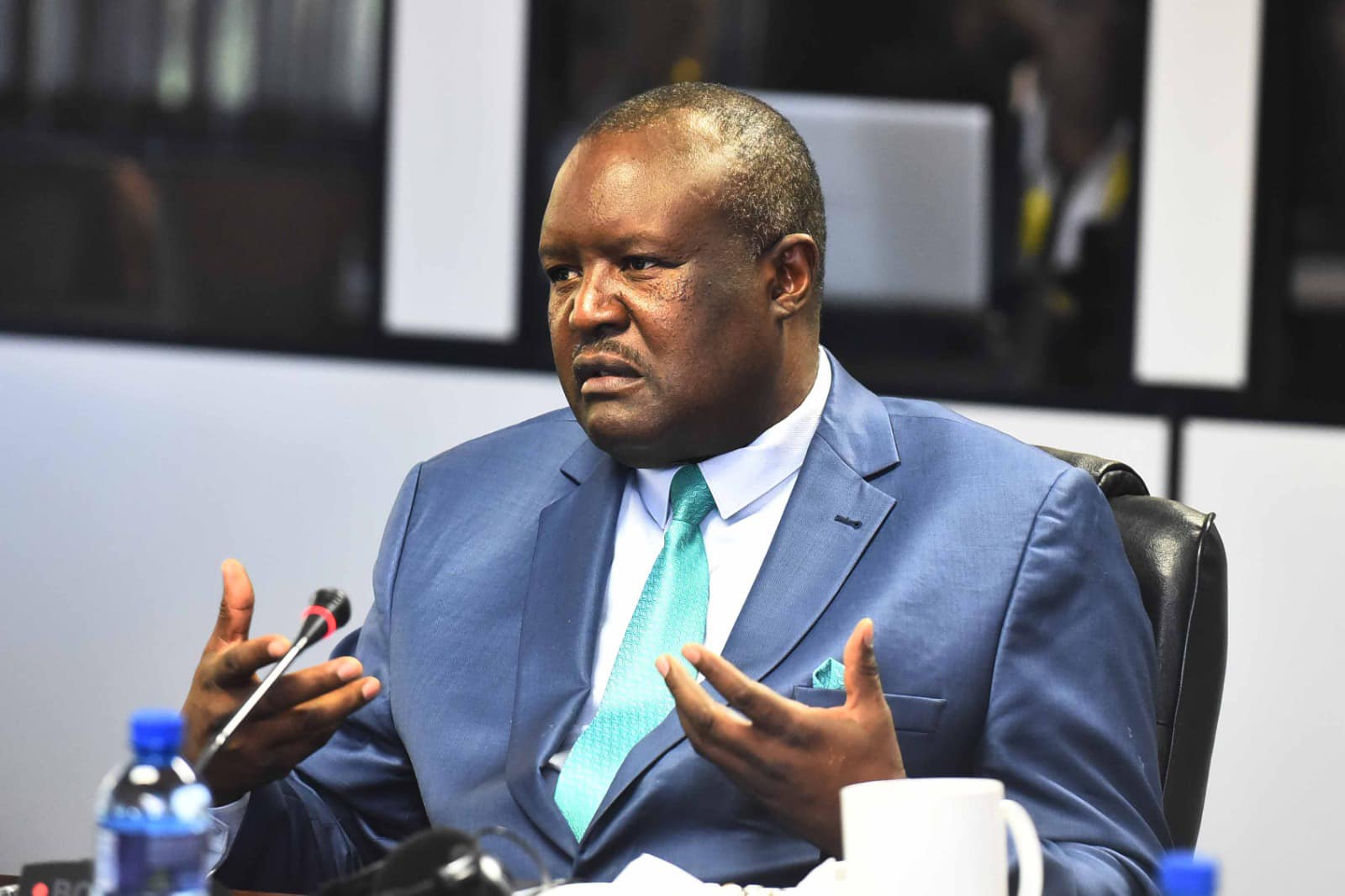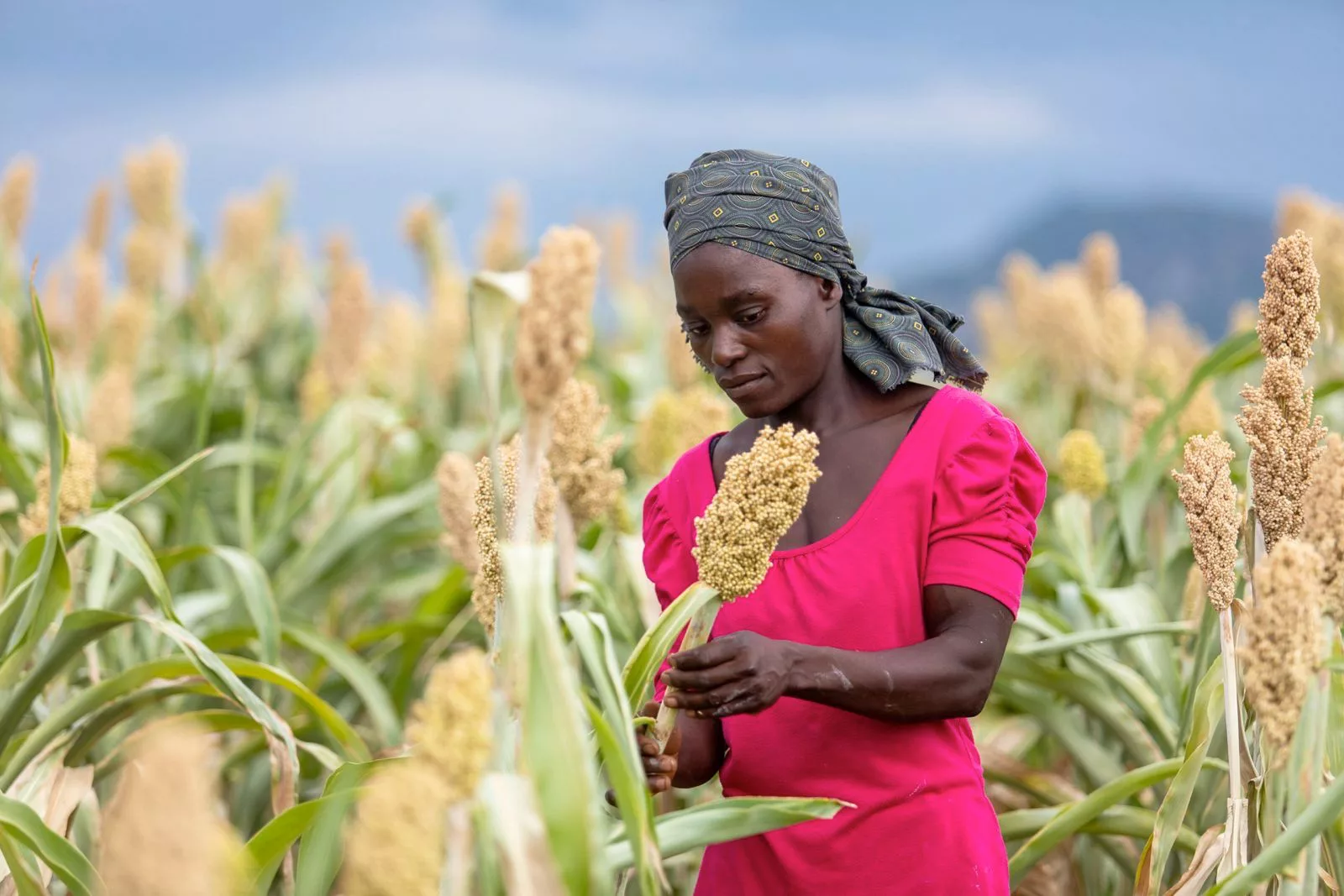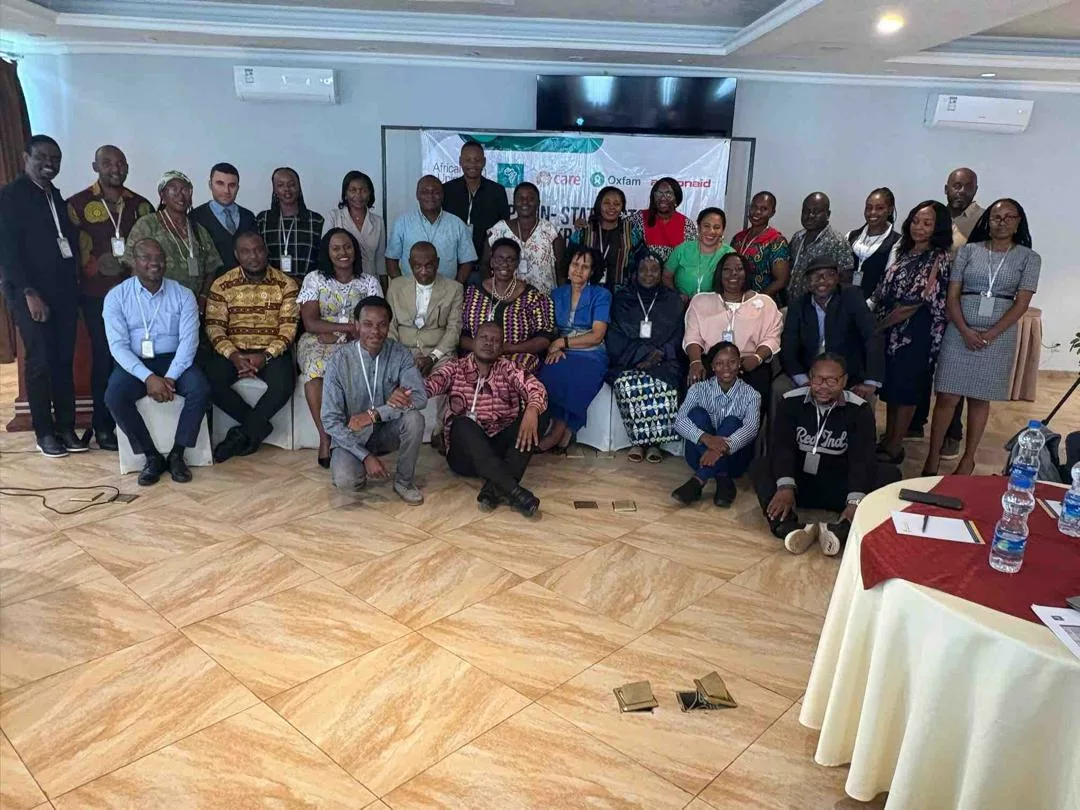|
Getting your Trinity Audio player ready...
|
HE Chief Fortune Charumbira, the President of the Pan African Parliament (PA) has urged revamping of the entire African Union (AU) architecture to ensure that it meets and exceeds the expectations of the people of Africa served by the AU organs.
Chief Charumbira made the remarks yesterday in his speech during a retreat on African Union (AU) Institutional Reforms and the second decade of Agenda 2063 that is underway in Kigali, Rwanda.
He hailed Professor Pierre Moukoko Mbonjo, and his team for a brilliant and comprehensive report on the proposed restructuring of the African Union which he said underscored the role of the PAP within the AU Governance architecture.
“Quite often we have had to field questions relating to what PAP does or should do within the continental governance matrix and the report has outlined some of these roles and functions. However, in order to fully answer these questions, we must ask ourselves, why was PAP created? Why did the founding fathers deem it fit to establish a continental representative Organ 41 years after the establishment of the OAU?
“I will hazard to say that the founding fathers realized that without a continental legislature made up of the people’s elected representatives, the Union was a Union of Member States and not a Union of African citizens. The founding fathers realized that without a continental Parliament, the quest for representative democracy, popular participation, and continental integration would remain nothing more than a pipe dream,” Chief Charumbira said.
The oversight and representative functions of Parliament are thus equally as important as the legislative function. In that regard, the founding fathers also recognized that, without a Parliament, without the people’s elected representatives who keep the Union firmly attuned to needs of the people at the grassroots level, the AU would not be able to uphold its vaunted principle of “participation of African peoples in the activities of the Union” as required by Article 4 (c) of the Constitutive Act.
Chief Charumbira brought delegates to the issue that an inaccurate narrative has for long been peddled that the functions and powers accorded to the Pan African Parliament by Article 11 of the Sirte Protocol can only be exercised once the PAP has full legislative powers.
He dismissed the argument advanced that unless the Malabo Protocol receives the required 28 signatures and is ratified by Member States the PAP will remain an advisory and consultative body that cannot carry out the functions outlined above.
“Clearly that is not the case. While not mutually exclusive, a Parliament can carry out its representative and oversight functions without making laws. In fact, law-making constitutes not more than 30% of parliamentary business in most Parliaments all over the world. A large part of the business of Parliament is the oversight and representative functions which, in essence, are advisory and consultative functions.
“The spirit of Article 3 as read with Article 11 of the Sirte Protocol and the PAP Rules of Procedure is that these functions were implementable since the establishment of the PAP in 2004. The budget of the African Union ought to have been discussed by the Pan African Parliament and recommendations made to the Assembly since 2004 because this is an oversight issue that has nothing to do with the law-making function. The PAP was well within its competence to examine and discuss any issues before the Assembly or any of the Organs since 2004 because this, again, is an oversight issue that cannot be crippled by the absence of legislative authority,” Chief Charumbira said.
While the PAP does not yet have legislative powers, that development does not stop it from functioning.
“Even with just consultative and advisory powers, PAP remains to all intents and purposes a Parliament. National Parliaments themselves through motions tabled in the house, also have consultative and advisory powers. Motions are intended to be persuasive recommendations for government action on issues affecting the people. In other words, motions are advisory tools to governments for national Parliaments and PAP conducts the same function.”
The PAP Protocol empowers the PAP to work towards the harmonization or coordination of the laws of Member States. Article 11(3) provides that the PAP shall “work towards the harmonization or co-ordination of the laws of Member States,” while Article 11 (7) provides that the PAP shall “promote the coordination and harmonization of policies, measures, programmes and activities of the Regional Economic Communities and the parliamentary fora of Africa.”
On the basis of these provisions, the PAP has, since 2015, embarked on activities aimed at harmonizing or coordinating the laws of the Member States to achieve the integration of legal frameworks of the continent. Such integration can be achieved through various means, such as the formulation of Model Laws.
Chief Charumbira highlighted that the PAP has partnered with other AU organs in the formulation of the following model laws:
- AU Model Law on Medical Products Regulation
- AU Model Law on the Protection of Cultural Heritage
- Model Law on Policing in Africa
- Model Law on Disability in Africa
- Model Double Taxation Agreement
- Model Law on Food and Nutrition Security
In addition, the PAP is in the process of developing or finalising the following Model Laws:
- Mode Law on Climate Change
- Model Law on Gender Parity in Africa
- Model Law on Statelessness
- Model Law on Factoring
- Model Law on Soil Management
- Model Law on Cooperatives
The Model Laws may not be legally binding in the absence of legislative authority but they do provide an invaluable benchmark through which Member States can improve their national legislation.
The PAP is strategically positioned to advance the harmonization of legal instruments on the continent as it draws its membership from national Parliaments which are the supreme legislative institutions. PAP Members can thus play a definitive role in popularizing Model Laws in their national Parliaments and, in so doing, driving the harmonization of laws on the continent. In that regard, it may be prudent for other Organs dealing with Model Laws to work with and through the Pan African Parliament to push for their adoption through national and Regional Parliaments which work closely with the PAP.
Among proposed reforms, operationalizing the budgetary function of the PAP would also enable the African Union to align itself with the best comparative parliamentary law and practice, which clearly reveals that budgetary power is inherent to any parliament, whether national or supranational. With regard to supranational parliaments, the European Parliament[1], the ECOWAS Parliament[2], the CEMAC Parliament[3], and the East African Legislative Assembly[4], to name but a few, already hold and exercise budgetary power.
The AU can also harness the specific institutional mandate of the PAP and its unique relationship with national Parliaments, which, in terms of Constitutions of the AU Member States, hold budget-making and budget oversight powers. This can enable the PAP to promote and oversee the effective and timely contributions by the Member States as well as the adoption of national legislations that are instrumental to the financing of the Union. In this respect, the role of the PAP in this process will complement and strengthen the role played by the other AU organs, such as the AUC, the PRC, and the Committee of Ten Finance Ministers, with whom clear modalities of interactions must be defined.
Chief Charumbira bemoaned the fact that countless times, the PAP is not given an opportunity to make inputs into the African Union’s decision-making on specific policy areas pertaining to its mandate. Yet, the policy organs would gain a lot if the PAP, as the voice of the people were to be formally consulted to make inputs into AU decisions. Such areas could include matters pertaining to continental integration; continental peace and security; compliance with decisions relating to human rights and democracy; elaboration of new African Union treaties; formulation of African Union internal regulations and rules; harmonisation of laws of the Member States and progress on implementation of agenda 2063 flagship projects.
Further, the lack of appreciation of the PAP mandate by some stakeholders within the African Union has led to the PAP being denied the technical and financial means that are necessary for the execution of its mandate. For instance, it has been alleged that the PAP has no mandate to promote the ratification of the African Union treaties. Yet, not only the PAP Protocol but also several policy decisions expect the Pan-African Parliament to assist with advocacy and sensitization of Member States to expedite the process of ratification/accession to the OAU/AU Treaties.
Chief Charumbira added that the AU institutional reform should reconsider the budget of the PAP to adequately address the needs and improve conditions of service of Members of Parliament. In line with Article 5 of the Sirte Protocol, PAP Parliamentarians emanate from National Parliaments of the Member States, vesting on them a status that is higher than what the African Union recognises. African Union regulations, rules, and policies were for so long silent or unclear about the status and treatment of PAP Parliamentarians. Particularly in the revised Financial Rules and revised Travel and Missions Policy, the Members of PAP are not listed amongst the categories of African Union officials with specific status who should be given a specific protocol and treatment.
The Bureau of the Pan African Parliament, comprising the President and Vice-Presidents, does not receive any remuneration for their services, unlike other Heads of Organs.
“Other than the USD 150 paid out for a maximum of 15 days per session and the USD 300 stipend, the Bureau does not enjoy a monthly salary as does other Organs, and yet they devote the majority of their time to the work of the Pan African Parliament. In terms of official duties and supervising the work of the Secretariat, the Bureau is semi-permanent but in terms of remuneration, the Bureau is treated as temporary. Admittedly, the Bureau cannot work full-time at the PAP due to commitments arising from their national Parliaments but, even then, consideration must be given to compensating the President and Vice-President to a reasonable level commensurate with their duties. It is proposed that the President and Vice-Presidents be paid monthly salaries amounting to 70% of their counterparts at similar levels in recognition of the work they do,” Chief Charumbira added.






